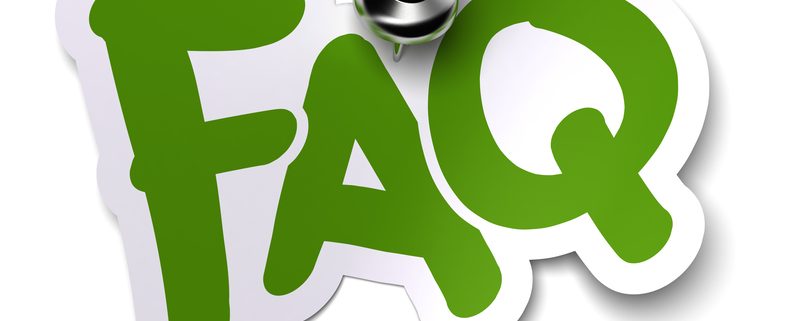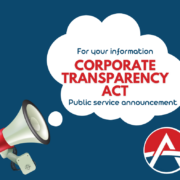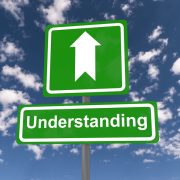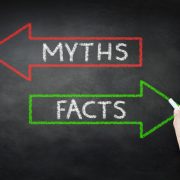Self-Directed Checkbook IRAs: The Most Frequently Asked Questions (FAQs)
Holding Self-Directed Checkbook IRAs can be a convenient, flexible way to invest in retirement. But if you are new to the concept, it can be hard to make sense of it. Is a Checkbook IRA a special account? Who can have one? And where does this “checkbook” come from, anyway? Below, you will find some of the most Frequently Asked Questions in the world of Self-Directed Checkbook IRAs—as well as their answers:
What is a Self-Directed Checkbook IRA?
This is not actually a specific type of IRA. Rather, it’s how an investor chooses to use a Self-Directed IRA. In a Checkbook IRA, an investor sets up a Single Member LLC according to their state laws and regulations. Then the IRA purchases/owns this LLC. This gives the holder of the IRA—the initial investor—the power to control the checkbook of that LLC.
The result? It’s easy to purchase retirement investments on behalf of the LLC and hold them under the umbrella of an IRA.
What kinds of investments are available with a Self-Directed Checkbook IRA?
One of the chief advantages of this setup is that it allows investors to look to non-traditional assets for retirement. For example, alternative assets that you can hold in a Self-Directed Checkbook IRA might include:
- Private businesses
- Real estate investments
- Precious metals
- Cryptocurrency
The advantage of holding checkbook control ensures that the process of investing in these non-traditional retirement assets is as easy as it might be to buy a stock within a retirement account. But with a different type of setup, investors do want to be aware that it’s up to them to adhere to all rules and regulations.
Who’s suited to a Self-Directed Checkbook IRA?
Investors who are interested in a Self-Directed IRA might be interested in the convenience of a Checkbook IRA. Those open to alternative investments like real estate, promissory notes, and the other investments listed above tend to gravitate to a setup like this.
The Self-Directed Checkbook IRA is also suited for investors that need speed. Being able to make and process investments in a timely fashion is not always important in a retirement account, which is why some people are perfectly happy with a Traditional IRA setup. However, a Checkbook IRA makes it possible for investors who need to take decisive action to process their investments quickly, taking advantage of those opportunities that require a speedier touch.
Are Self-Directed Checkbook IRAs Expensive?
Yes and no. Self-Directed Checkbook IRAs will typically cost more in upfront costs than other arrangements. However, this leads to a long-term, low-cost arrangement wherein you’re largely in charge of how the IRA works. With more responsibility comes lower fees; after all, you aren’t paying anyone else to handle anything for you if you don’t want to.
There’s also the possibility of running a Self-Directed Checkbook IRA the wrong way and running into tax penalties when you do. For this reason, it’s usually best to consult a Self-Directed IRA administration firm during setup, as well as retain a tax professional who can help you with any investment and tax-related issues down the line.
What can’t I do with a Self-Directed Checkbook IRA?
Think of your Self-Directed Checkbook IRA as a separate entity—because it is. You are not going to make personal investments here. Congress designs retirement accounts to be used for retirement purposes, which is why you cannot use a Checkbook IRA to shield your personal investments from taxes. Instead, treat the Self-Directed Checkbook IRA as another retirement investment strategy, avoiding transactions with disqualified persons, and following each regulation to the T. This will help you to construct the Checkbook IRA in a way that makes it easy to sustain over the long-term.
Interested in learning more about Self-Directed IRAs? Contact American IRA, LLC at 866-7500-IRA (472) for a free consultation. Download our free guides or visit us online at www.AmericanIRA.com.










